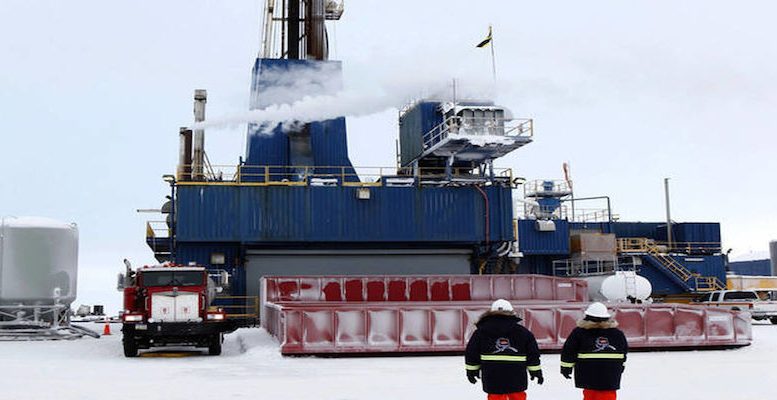In order to become the first company in the sector with zero net emissions in 2050, leading the energy transition, Repsol expects to adjust the accounting value of some assets, with a post-tax accounting charge of approximately 4.8 billion euros. This adjustment will reduce specific reported income for 2019 but does not alter the company’s cash flow for the year nor the announced proposal to increase shareholder remuneration.
To achieve this objective, Repsol is setting new goals for the reduction of its carbon intensity indicator from a 2016 baseline: 10% by 2025, 20% by 2030, 40% by 2040, and net zero CO2 emissions by 2050. It is possible to achieve at least 70% of this target with the technology that can currently be foreseen, and the company is committed to applying the best available technologies to increase this figure, including carbon capture, use and storage. Repsol would, if necessary, aditionally offset emissions through reforestation and other natural climate sinks to achieve zero net emissions by 2050.
The accounting value adjustment will mainly affect hydrocarbon exploration and production assets in the US and Canada, as a result of the reduction in expectations for future gas prices. The final calculation of the adjustment, together with the details and bases of the new valuations, will be included in the 2019 annual financial report.
Cash flow from operations in 2019, which increased 22% in the nine months to September compared to the same period of 2018, will allow the company to achieve shareholder remuneration of one euro per share, formulate the proposal to the next Annual General Shareholders’ Meeting to buy back 5% of the outstanding share capital (in addition to the redemptions of the shares issued in the flexible dividend programs), and consider further stock buy-backs when cash surpluses are not applied in the short term to investment opportunities with the requisite return.
Repsol is increasing by 3,000 MW its target for low-carbon electricity generation capacity, to 7,500 MW by 2025, and will begin to expand into other markets to become a leading international player in renewable energies.
Repsol currently has 2,952 MW in operation and 1,083 MW under development, and the Board of Directors has approved new investments to incorporate and build two photovoltaic and one wind power projects totaling an additional 1,600 MW. With these projects, the renewable power portfolio reaches a total capacity of 5,600 MW.
In the Upstream business, Repsol will orient its asset portfolio towards compliance with the Paris Agreement to achieve the planned goals. This will entail prioritizing value generation over production growth, whilst maintaining flexibility as the strategic axis of the business, placing the emphasis on rotation and improvement of the asset portfolio and on cash generation.
In its industrial business, with a primary focus on refining, Repsol is raising its decarbonization target, with an additional direct emissions reduction of 25% by 2025. This reduction is on top of the 23% cut in CO2 emissions achieved between 2010 and 2017.
Repsol will focus on the circular economy as a tool for the efficient use of resources and will double the production of high-quality biofuels derived from vegetable oils (HVO) to 600,000 tons per year in 2030, half of which will be derived from waste transformation before 2025.
Repsol will also integrate renewable energy into refining operations, which will incorporate production of green hydrogen as well as the use of renewable energy to fuel industrial processes.





